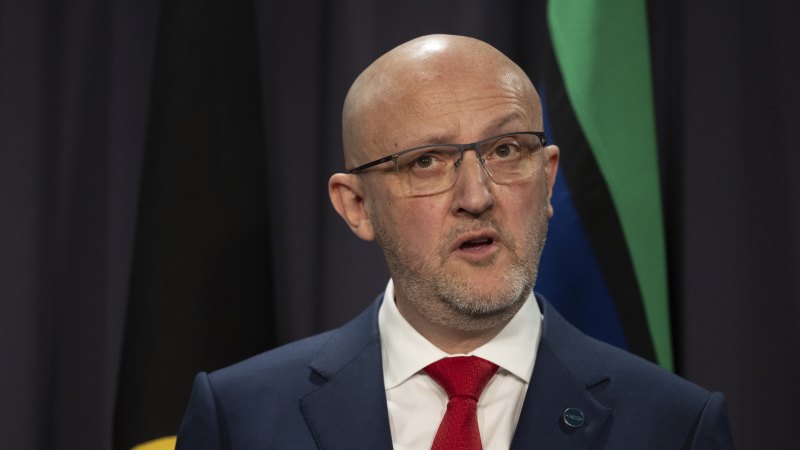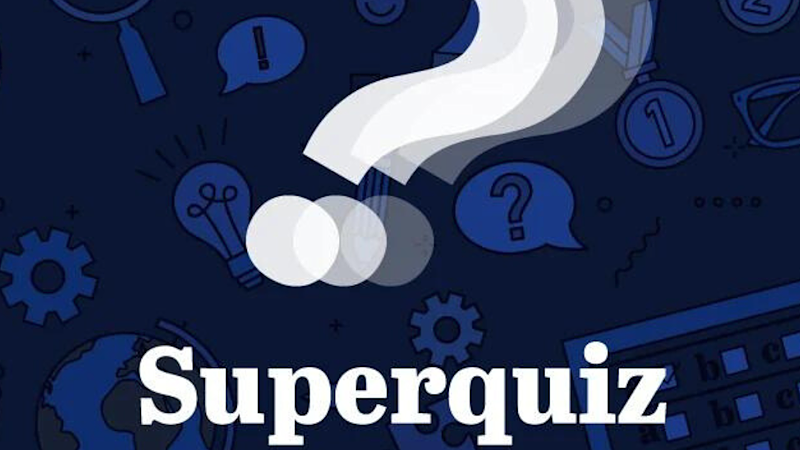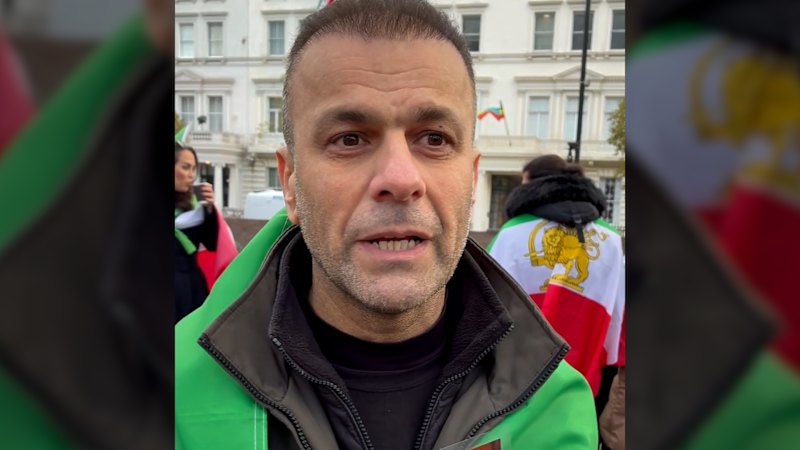
Beijing’s top intelligence agency has strongly criticized Australian intelligence services for allegedly fabricating a “Chinese espionage threat.” This assertion follows the recent arrest of a Chinese national charged with foreign interference, intensifying diplomatic tensions between Australia and China.
In a statement posted on its official WeChat account, the Ministry of State Security accused the Australian Security Intelligence Organisation (ASIO) of using unfounded claims to bolster its own operations against China. This reaction coincided with remarks made by ASIO director-general Mike Burgess during the Hawke Oration in Adelaide on July 31, 2023, where he warned about the increasing sophistication of espionage activities from nation-states, particularly singling out China, Russia, and Iran.
The Chinese ministry’s statement suggested that Burgess’s comments reflected Australia’s growing anxiety regarding its security landscape. It labeled the Australian agencies as “irrational and unprofessional” for promoting the idea of a “serious threat” from foreign espionage, particularly in relation to China. The statement noted, “Australian intelligence agencies packaged themselves as innocent ‘victims’ in groundless accusations of ‘Chinese espionage threat.’”
Recent developments have highlighted ongoing concerns regarding foreign interference. The ministry claimed that Chinese state security has successfully addressed several espionage cases instigated by Australian intelligence, maintaining that these actions are vital in protecting China’s sovereignty and security.
While the ministry did not directly mention the arrest of a Chinese woman in Canberra earlier this month, who faces charges of reckless foreign interference, the implications of this case are significant. The woman is accused of allegedly spying on the Canberra branch of the Guan Yin Citta, a Buddhist association, on behalf of China’s Public Security Bureau. This arrest marks the third instance since 2018 that an individual has faced charges under Australia’s foreign interference laws, which have been a point of contention between the two nations.
In 2020 and 2023, two other individuals were also charged with foreign interference offences related to similar allegations against China. Australia has consistently aligned with its allies to condemn Chinese espionage efforts. In 2023, Burgess and the leaders of the Five Eyes intelligence alliance, comprising the United States, the United Kingdom, Canada, New Zealand, and Australia, characterized China’s espionage program as one of the most sophisticated efforts of intellectual property theft in history.
This recent exchange signifies a notable shift in ASIO’s approach, as it has traditionally refrained from explicitly naming countries when discussing espionage threats. The Australian government, including Home Affairs Minister Tony Burke and Foreign Minister Penny Wong, has been contacted for further comments on this escalating situation.
As the geopolitical landscape evolves, the relationship between Australia and China remains complex, with intelligence operations and allegations of espionage continuing to strain diplomatic ties. The unfolding events reflect broader issues of national security and international relations that are likely to resonate for some time.






